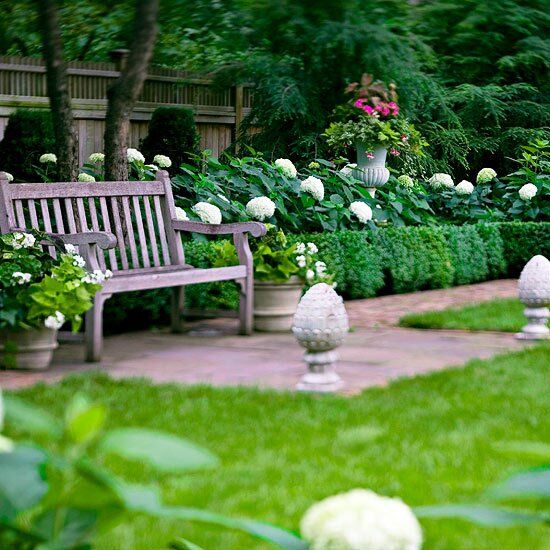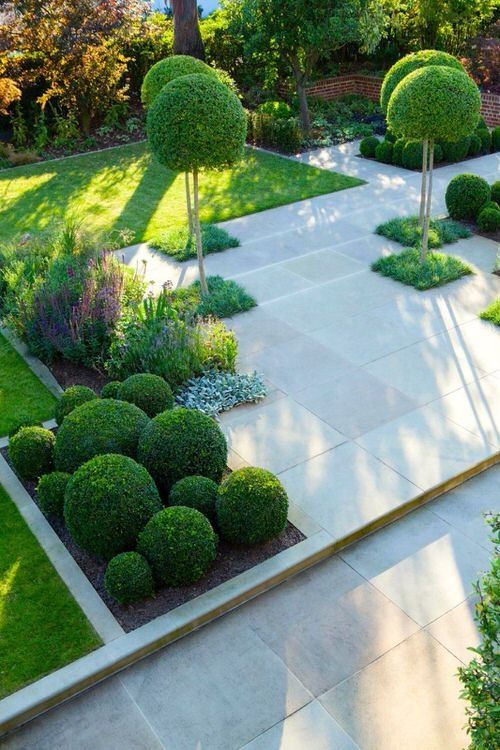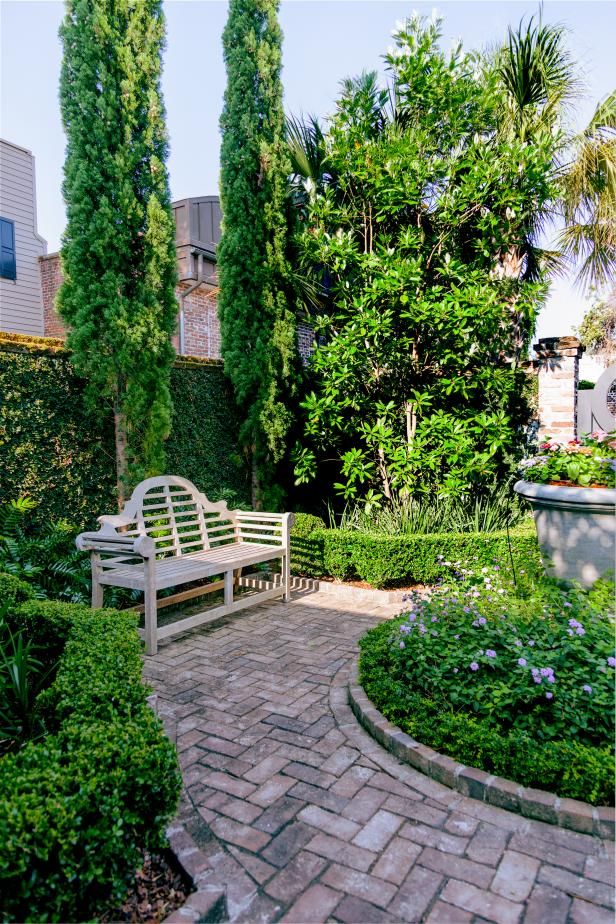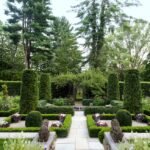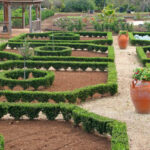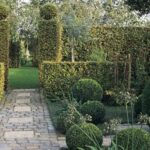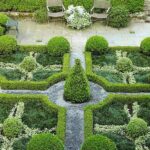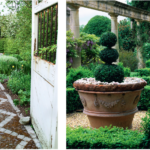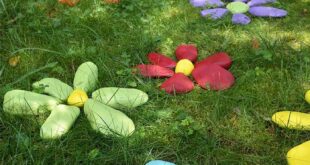Formal garden design is a style of landscaping that emphasizes order, symmetry, and structure. This type of design is characterized by straight lines, geometric shapes, and carefully planned layouts. Formal gardens are often associated with elegance, sophistication, and grandeur, and have been popular throughout history in a variety of cultures and time periods.
One of the key elements of formal garden design is the use of structured hedges and shrubs to create defined spaces and pathways. These plants are often meticulously pruned to maintain a clean, uniform appearance, and are used to create geometric shapes and patterns within the garden. Boxwood, yew, and privet are commonly used in formal gardens for their dense foliage and ability to be shaped into intricate designs.
Another important feature of formal garden design is the use of symmetrical layouts and balanced compositions. Paths, flower beds, and other elements are often arranged in a mirror image on either side of a central axis, creating a sense of harmony and order. This symmetry helps to create a sense of tranquility and balance within the garden, and can evoke a feeling of grandeur and formality.
In addition to symmetry and structure, formal gardens often incorporate ornamental elements such as fountains, statues, and elaborate paving patterns. These features add a touch of luxury and elegance to the garden, and can serve as focal points or accents within the overall design. Formal gardens may also include formal parterres, or intricate patterns created with low-growing plants or gravel, which can add visual interest and complexity to the design.
While formal gardens are often associated with elaborate and high-maintenance designs, they can also be adapted to suit a variety of spaces and budgets. Smaller formal gardens can be created in urban settings or private courtyards, using simple geometric shapes and carefully selected plants. Even on a smaller scale, formal garden design can create a sense of order, elegance, and sophistication in any outdoor space.
Overall, formal garden design is a timeless and classic style of landscaping that can add a sense of grace and sophistication to any outdoor space. Whether you prefer a grand, elaborate design or a smaller, more intimate layout, formal gardens offer a sense of order, balance, and beauty that can enhance the aesthetic and function of any landscape. By carefully planning and implementing the key elements of formal garden design, you can create a stunning and sophisticated outdoor space that will be a delight to the senses for years to come.
 yishifashion Where Outdoor Dreams Become Reality
yishifashion Where Outdoor Dreams Become Reality
